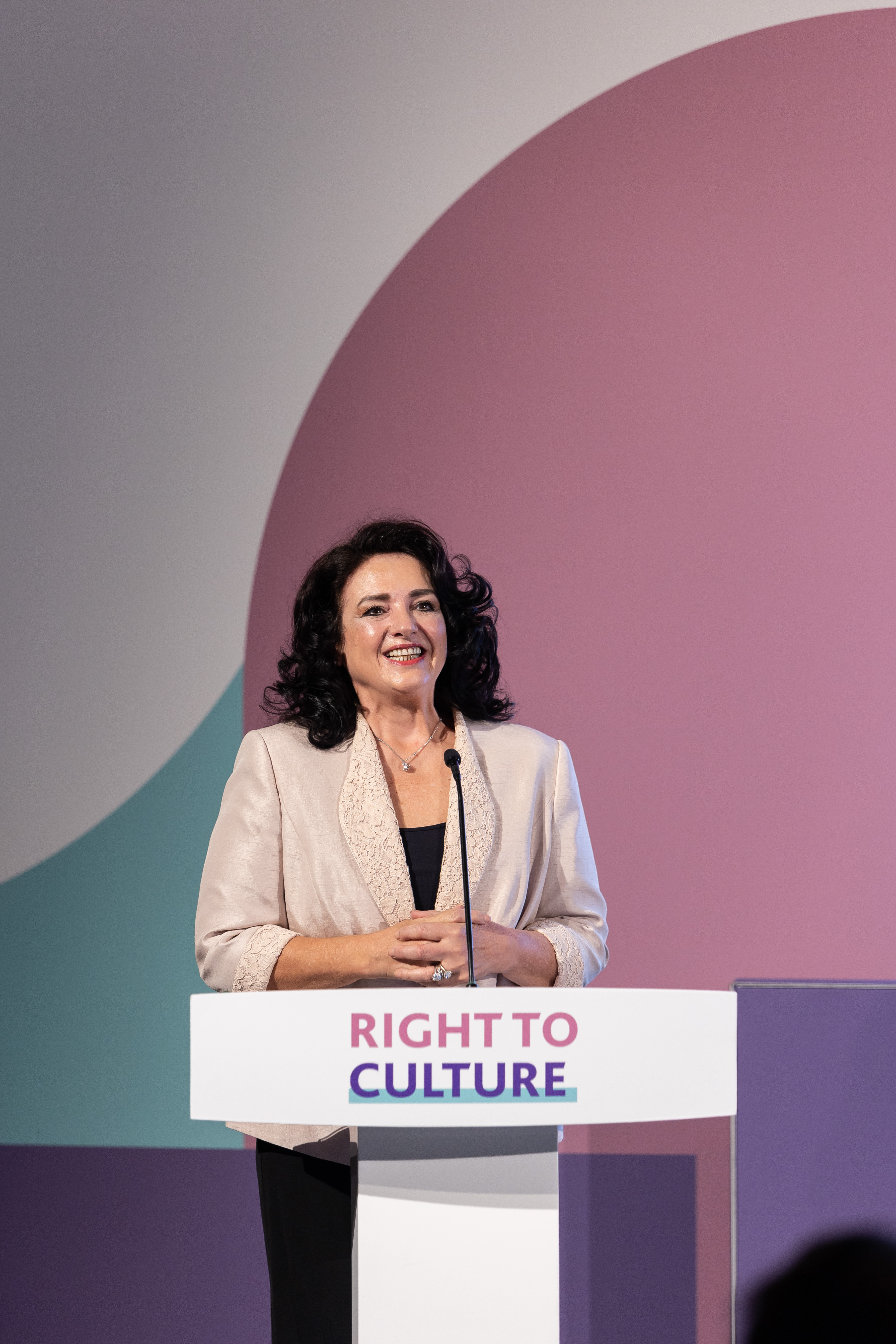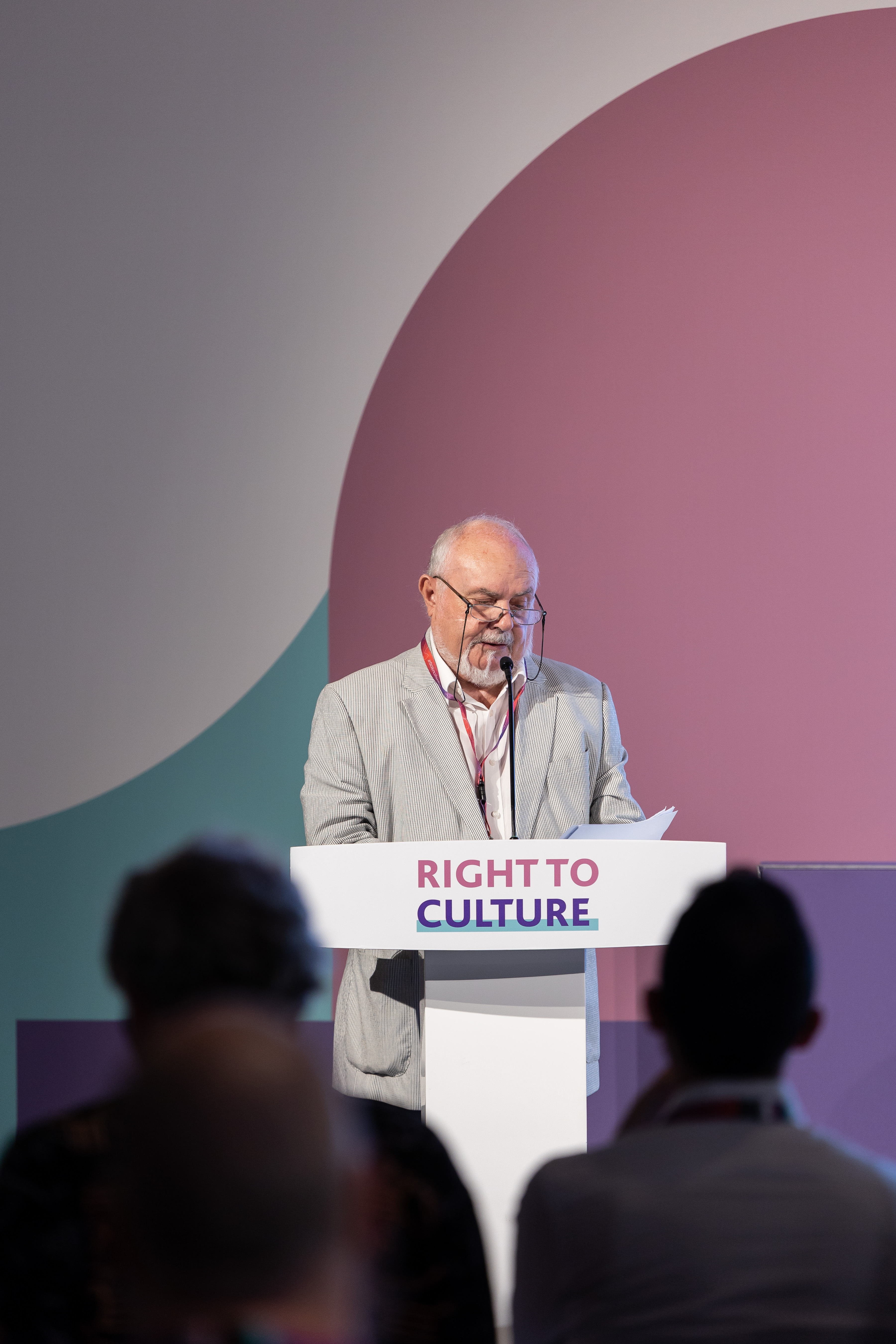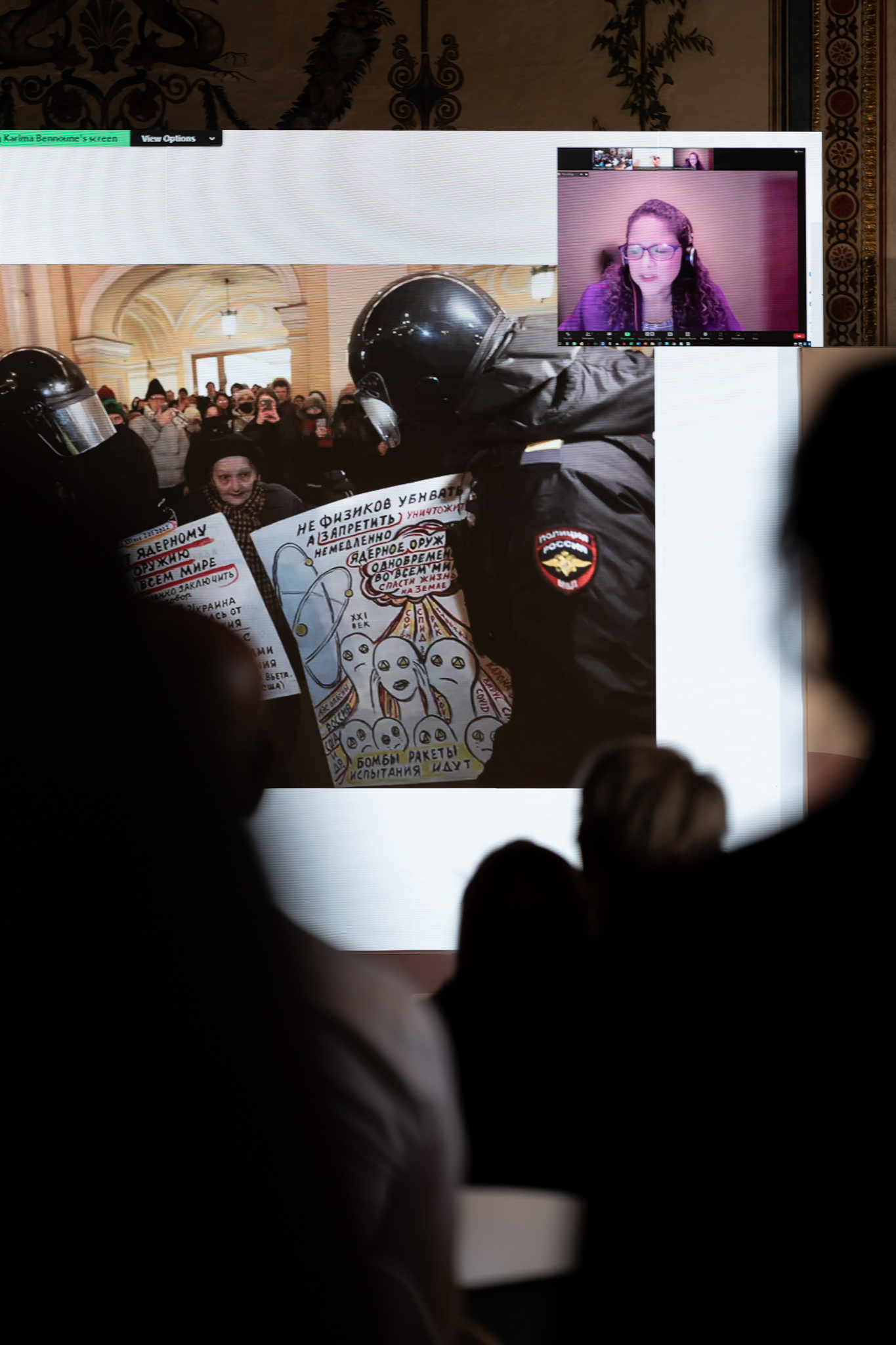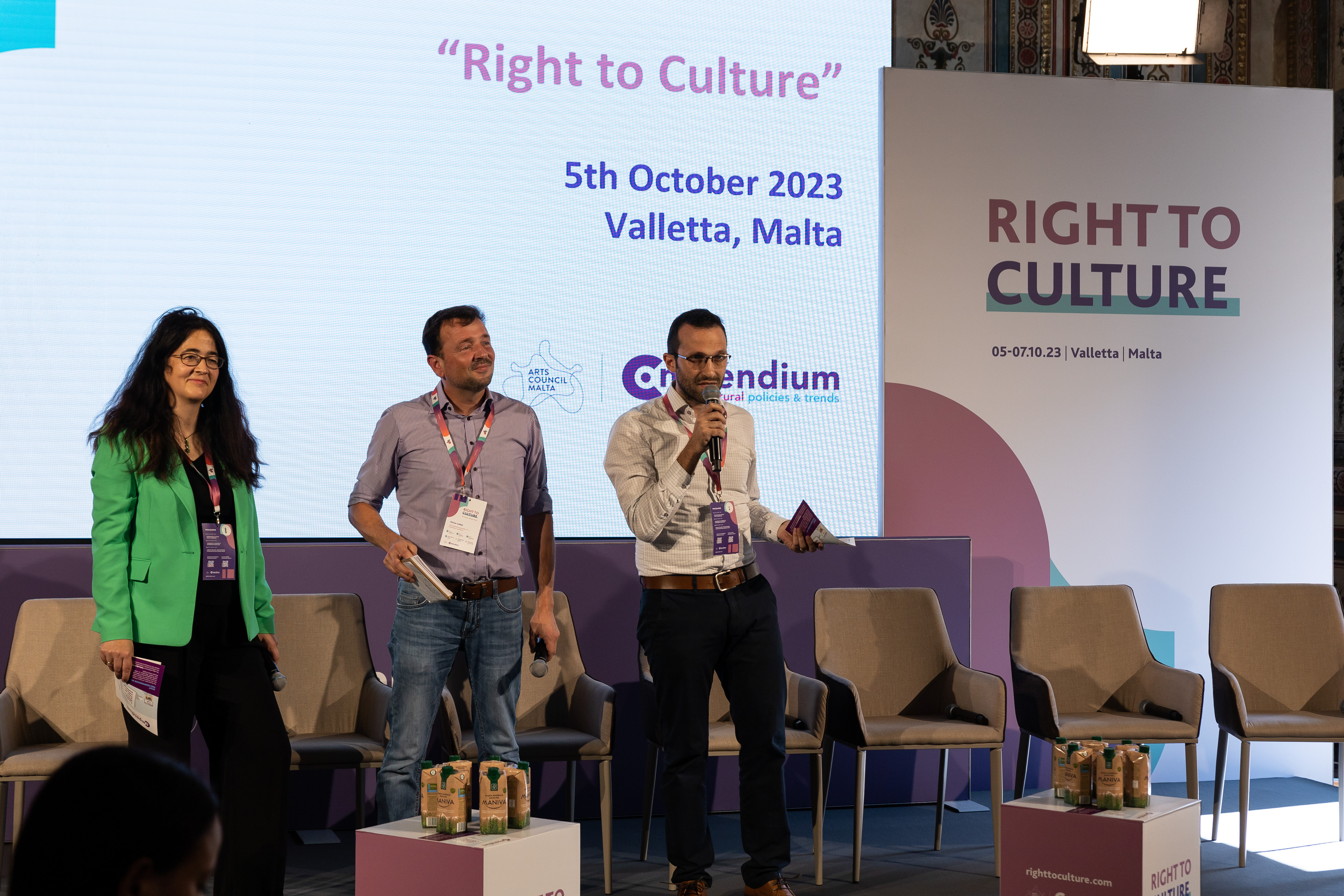
Arts Council Malta has presented a three-day programme focusing on the critical theme of the Right to Culture, which is at the core of Strategy2025, informing the ongoing work carried out by the Council and all Public Cultural Organisations within its remit and within the ambit of the Ministry for The National Heritage, The Arts and Local Government.
The first two days of this programme were hosted and organised in partnership with the Compendium of Cultural Policies and Trends, which included the Right to Culture International Cultural Policy Conference and the Conference of the Compendium Community which included the 6th Assembly of the Compendium Association and Assembly of Compendium Experts, with the latter being a meeting for all the Board Members, Experts, and Members forming part of the Compendium community, and representing 43 countries in total.

The Right to Culture - International Cultural Policy Conference, attracted more than 100 participants ranging from multiple backgrounds in the arts, culture and policy, with 21 speakers in total. European Commissioner for Equality Helena Dalli delivered an introductory speech and stated that “Culture should not be a privilege reserved for a select few; it is a right that should be enjoyed by everyone. Culture possesses the remarkable power to challenge stereotypes, combat discrimination, break down barriers, and foster a sense of belonging within our societies. Therefore, it must be an integral part of our policy approach at both the European and national levels. I commend Arts Council Malta for organizing this Right to Culture Conference. This gathering not only reaffirms our commitment to this essential right but also provides a platform for us to deliberate on how to identify and dismantle any obstacles hindering full and equal participation in cultural life.”
The conference continued to build on the successes of last year’s edition held in Bucharest, and shed light on the social, political, and economic realities faced by cultural and creative practitioners through the lens of Right to Culture, which is seen as a transversal concept that is currently pertinent in international cultural policies. It included 3 main panels, on Artistic Freedom, Cultural Diversity and Accessibility, and Cultural Democracy, all of which had various speakers from local and international organisations and platforms.

Executive Chairman of Arts Council Malta Albert Marshall was also present and made reference to the above elements which formed the 3 panels, as they “all have a central role in Arts Council Malta’s Strategy2025 and its three overarching themes of ‘Care, Create, and Flourish’. These themes not only reflect the international discourse revolving around cultural policy, but also continue to bring to fruition the National Cultural Policy 2021 by embracing and spearheading the right to culture and the status of the artist - nationally and beyond our shores.”

The Keynote was delivered remotely by celebrated author, lawyer and professor, Dr Karima Bennoune, whereby she highlighted the importance of cultural rights, as they are core to human experience, making them essential for human rights. She concluded her keynote by saying “we must hold on to hope and to our belief in the ability to change things for the better. To find solutions together to what seem like intractable problems. Through cultural policies we offer many voices a platform within a framework of non-discrimination, offering opportunities to reimagine our societies. All this is difficult, and yet possible. We recognise the challenges before us but refuse to bow to them.”

As the Right to Culture International Cultural Policy Conference drew to an end, Adrian Debattista Head of Strategy at Arts Council Malta and Vice-Chair of the Compendium Association shared his thoughts and insights about the day’s discussions and captured the spirit of the conversation: “
“In the end, culture happens in communities. Institutions are there to support that. Communities and institutions are part of the same cultural ecosystem. Institutions are there to provide the resources necessary for cultural aspirations to take place. To exercise that right to culture we need resources, and unfortunately things are not the same in this regard in every geo-political context.
Culture is part of our everyday life in some way, shape or form. It’s not just something that happens in the venues, but even more so outside of them.”
Submitting ...
Saving ...
Any applications related to this entity, will also be automatically deleted.